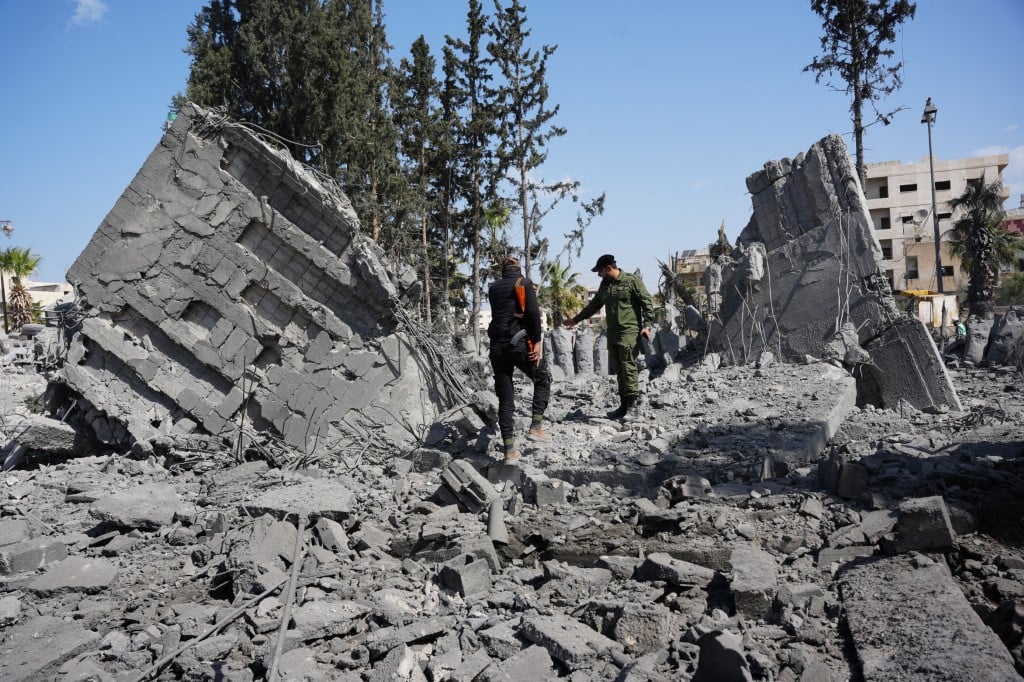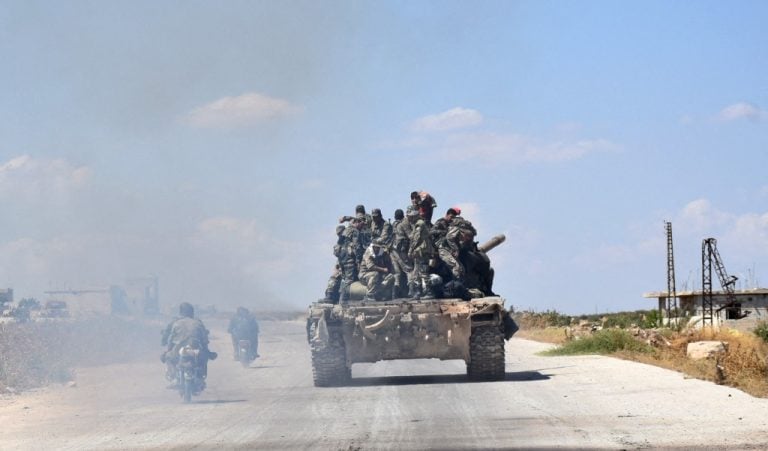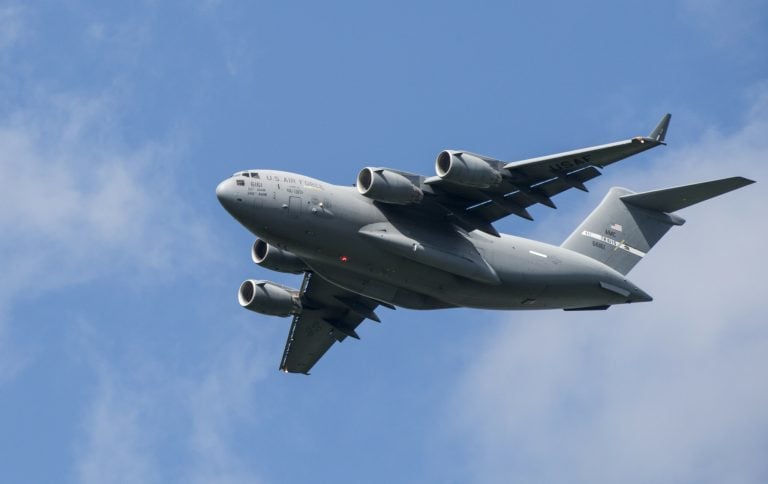Syria has publicly condemned a series of deadly Israeli airstrikes that occurred across the country, labeling them a “flagrant violation” of its sovereignty. The Israeli military confirmed that the strikes were aimed at “military capabilities,” prompting Syria’s response through state media, which reported that the attacks occurred near a defense research center in Damascus as well as various other locations throughout the nation. A monitoring group indicated that the strikes resulted in at least four deaths.
The Syrian foreign ministry denounced the airstrikes as an infringement of international law, stating, “In a blatant violation of international law and Syrian sovereignty, Israeli forces launched airstrikes on five locations across the country.” The ministry characterized the attacks as an unjustified escalation aimed at destabilizing Syria and exacerbating the hardships faced by its population, further asserting that the strikes led to the “near-total destruction” of a military airport in the central Hama province, in addition to injuring numerous civilians and soldiers.
SANA, Syria’s state news agency, reported on the strike in the vicinity of the scientific research building in the Barzeh neighborhood of Damascus, alongside a raid in Hama. However, specifics regarding the exact targets of these strikes were not disclosed. The Israeli military, in its statement, maintained that it targeted military resources situated at the Syrian bases of Hama and T4, along with other military infrastructure around Damascus. Israel has consistently articulated its commitment to preventing weapons from reaching entities it designates as jihadist, particularly in light of the tumultuous changes following the ousting of longtime ruler Bashar al-Assad.
The Syrian government criticized the airstrikes as detrimental to the nation’s efforts to rebuild after a protracted and devastating 14-year war. They described the situation as part of a strategy to “normalize violence within the country.” Israeli strikes have been a recurring pattern in Syria since the beginning of the conflict, with previous incidents including assaults on the T4 military base in the central Homs province just last month.
According to the Syrian Observatory for Human Rights, the recent strikes resulted in casualties, including fatalities among personnel linked to the Syrian defense ministry. The monitor reported that the attacks successfully rendered the Hama military airport inoperable by targeting aircraft, runways, and control towers, while confirming that the Damascus strikes notably affected the research center in Barzeh.
In the aftermath of the fall of Assad, the Observatory has noted a series of Israeli airstrikes targeting critical infrastructure associated with Syria’s military, including locations connected to alleged chemical weapons production.
Further complicating matters is Israel’s military presence in the demilitarized UN-patrolled buffer zone on the Golan Heights. Authorities in Daraa province reported sightings of Israeli military vehicles entering the region and noted that artillery fire had impacted local areas. The Observatory has highlighted ongoing incursions by Israeli forces into southern Syria, extending beyond the established demarcation lines in recent months.
Internationally, there have been expressed concerns regarding these military actions. For instance, during a recent visit to Jerusalem, EU foreign policy chief Kaja Kallas remarked that Israeli strikes on Syria were “unnecessary” and posed a risk of aggravating the already volatile situation.







